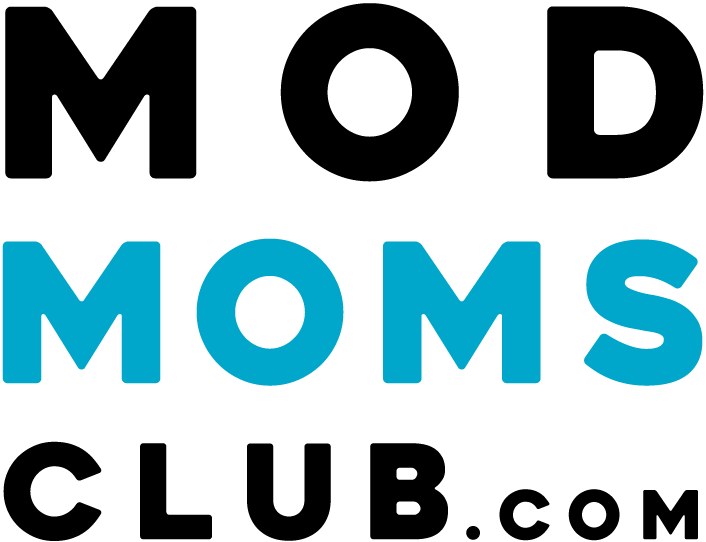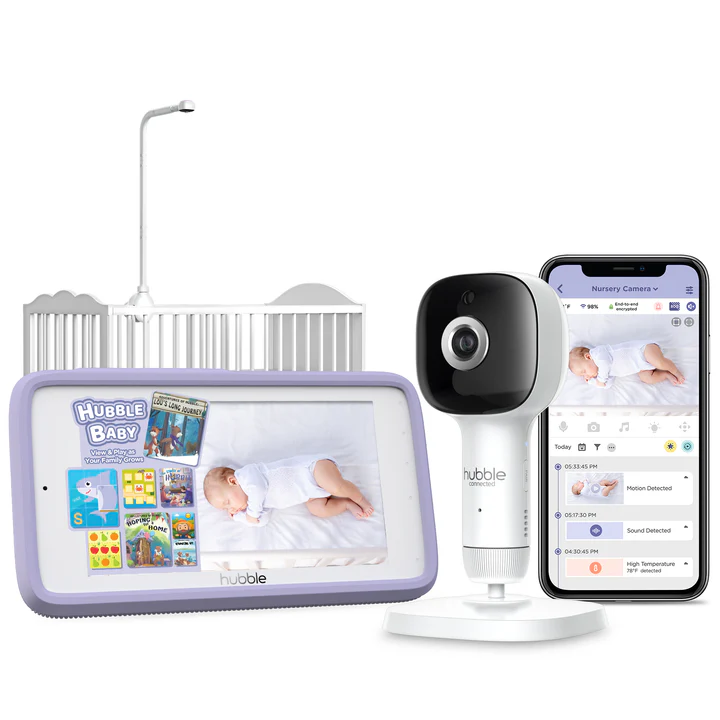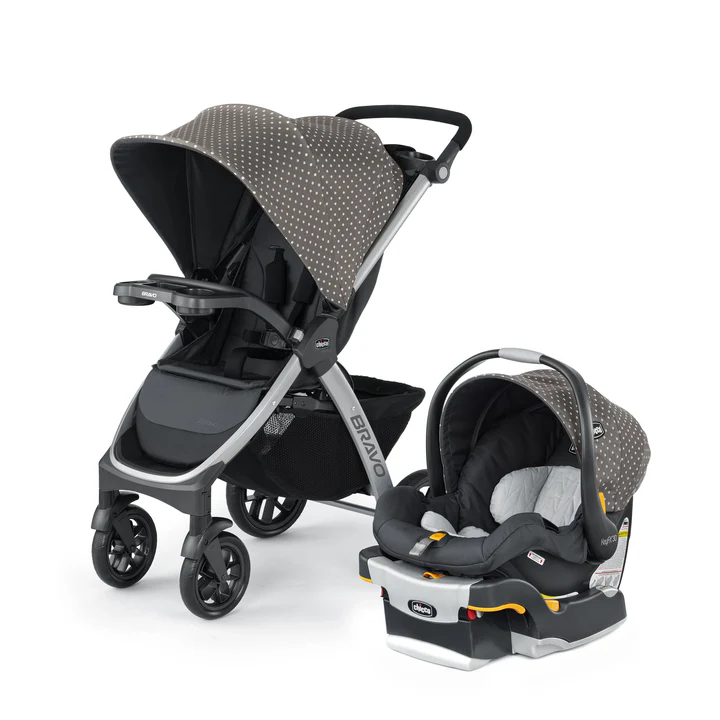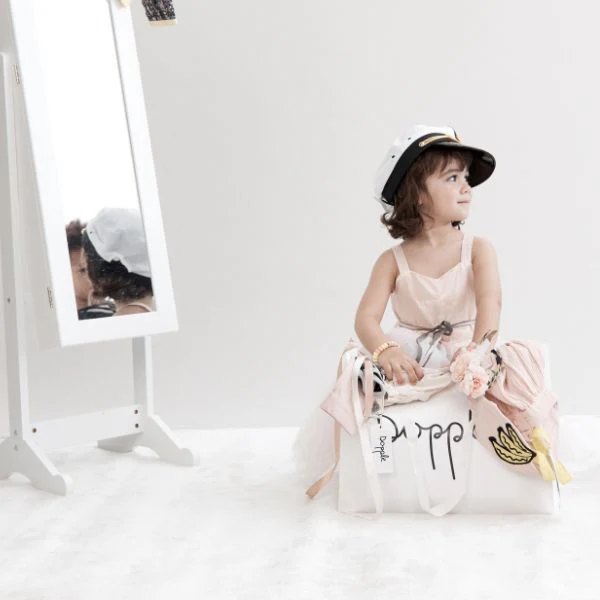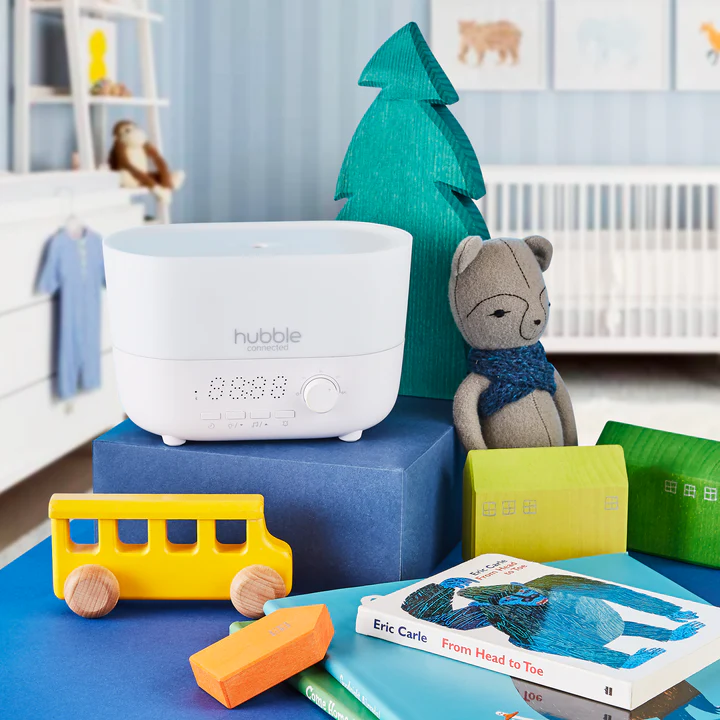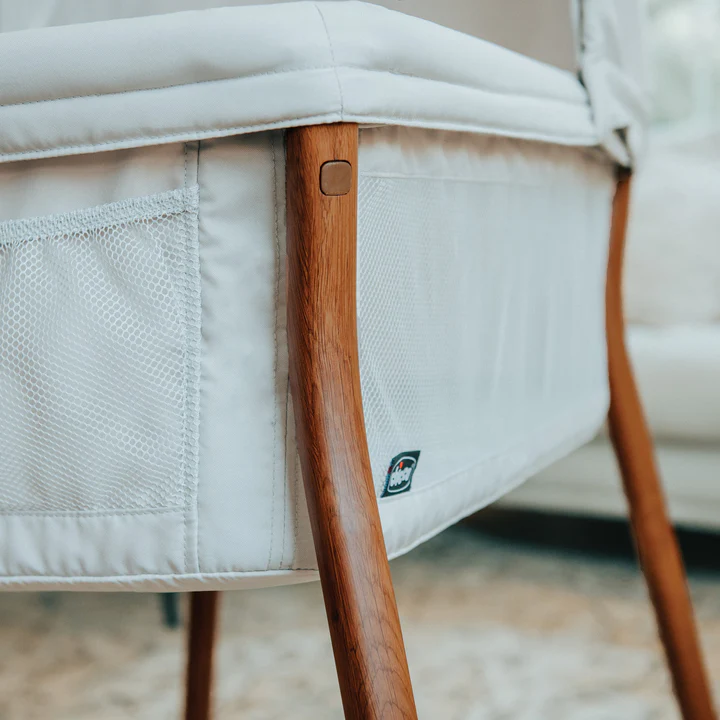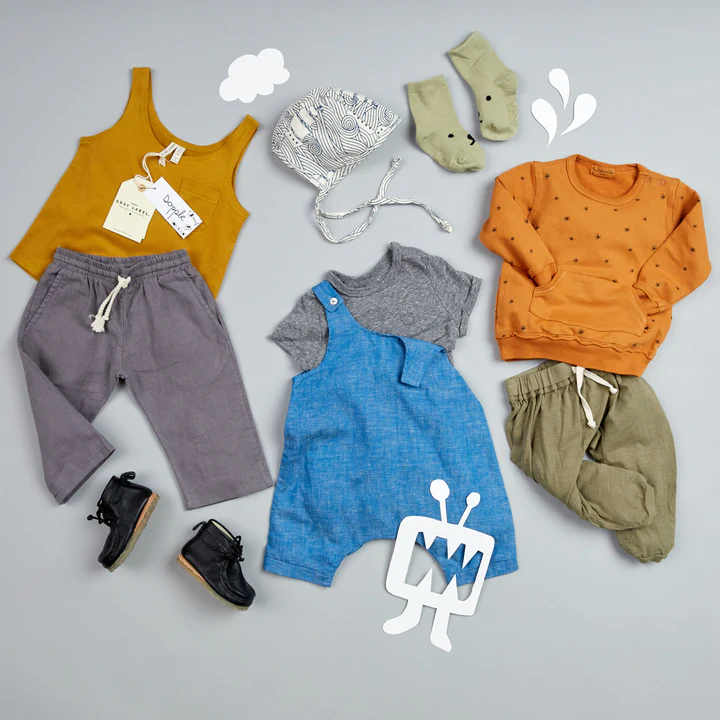“I remember leaving the office and thinking, ‘That was not great.’”
A recent study found that your baby’s sex isn’t random after all.
As someone whose father had three boys and no girls — and whose uncle had three girls and no boys — I always found it hard to believe that baby gender comes down to a 50-50 flip of a coin.
And according to new research, I (along with plenty of other people) might’ve been right to be skeptical.
The study, which was published in “Science Advances” on July 18, analyzed 146,064 pregnancies from 58,007 American women who gave birth to two or more children over the course of 59 years (1956-2015).
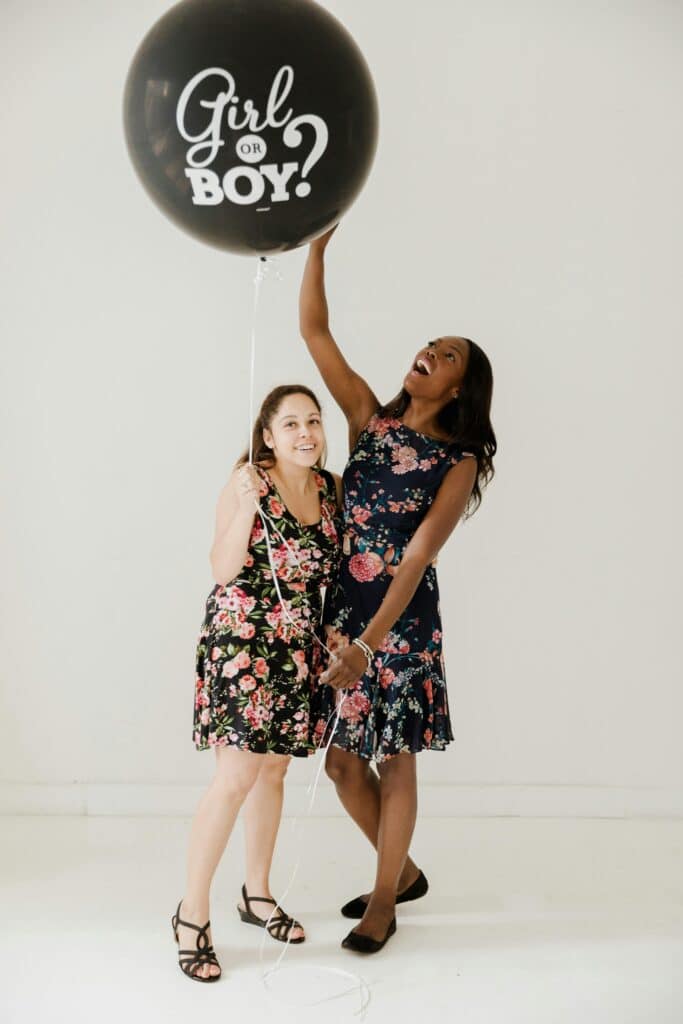
What it found is that baby gender prediction is more akin to a weighted coin toss — not a fair one.
While having a boy and a girl is the “most frequent family composition” for parents who have two children, the study concluded that having all boys or all girls was more common in sibling sizes of three or more.
So, if you already have a cluster of boys, your chances of having another boy are higher than for a girl.
In fact, families with three girls have a 58% chance of having a fourth girl and families with three boys have a 61% chance of having a fourth boy, according to the study.
READ MORE: Texas family finds out they’re having a baby girl after 108 years of having baby boys
"If you’ve had two girls or three girls and you’re trying for a boy, you should know your odds are not 50-50,” the study’s senior author Jorge Chavarro said in an interview with “The Washington Post.”
“You're more likely than not to have another girl," Chavarro argued.
In other words, your baby’s gender prediction is more closely related to the baby’s siblings than originally thought — and the odds of the baby being the opposite gender decrease as you have more babies.
Baby gender can also be linked to the age of mother during first birth
As with any study, the researchers were quick to explore possible reasons for their findings.
And it turns out that the age of the mother during her first birth says a lot about her chances of having a cluster of babies that are the same gender.
"If you're starting your family younger than 23 ... [there is] around a 40% chance of having a same-sex family," Siwen Wang, the lead author of the study, said of the findings, per NPR.
READ MORE: Parents left in tears after enlisting their 1-year-old daughter to help with their gender reveal
“If the woman begins having children after age 28, it's around 50% — a relatively small but statistically significant difference,” she added.
So, if you plan on having children later in life, know that your chances of having multiple kids of the same gender are higher than those who are younger.
At the same time, the researchers did admit to several flaws in their dataset.
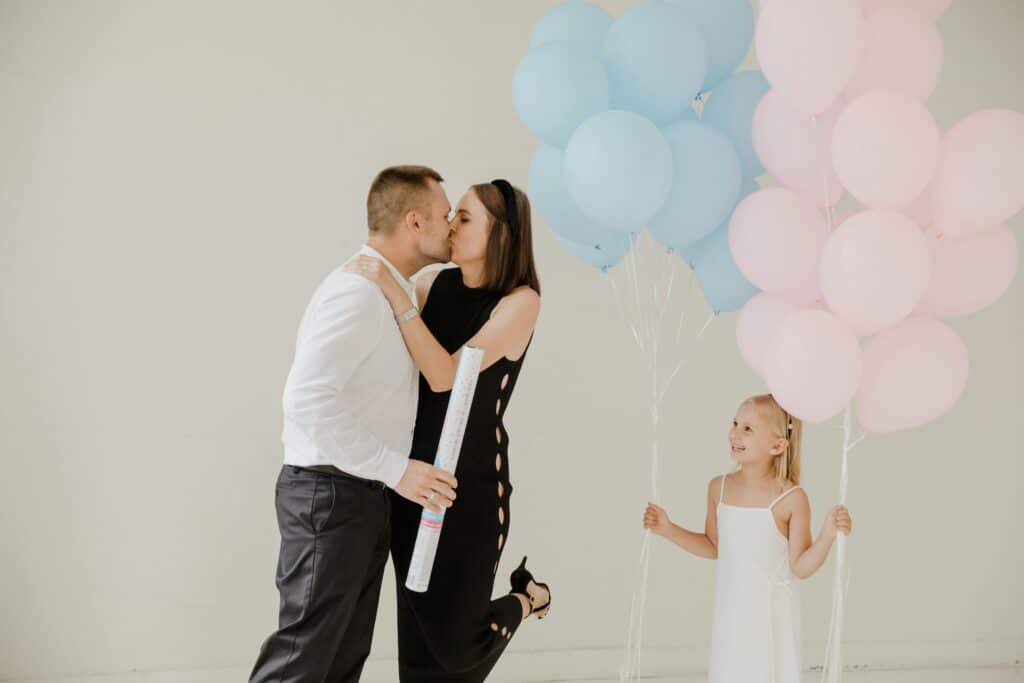
For example, 95% of the mothers they analyzed were white American women and nearly 99% of them had five or less babies — less than 0.5% of the women had more than five children.
They were also missing key data from the fathers of the children.
"We don't have data about the dad," Wang added, per NPR. "We don't have data about his genetics or even very precise characteristics ... which is obviously important for sex determination."
ALSO ON MOD MOMS CLUB: Did Derek Hough accidentally reveal his baby’s gender during viral ‘Dancing with the Stars’ moment?
What I do know is that the next time I’m at a baby shower and the parents ask me to give my baby gender prediction, my first question is going to be: “How many kids do you have, and what genders are they?”



